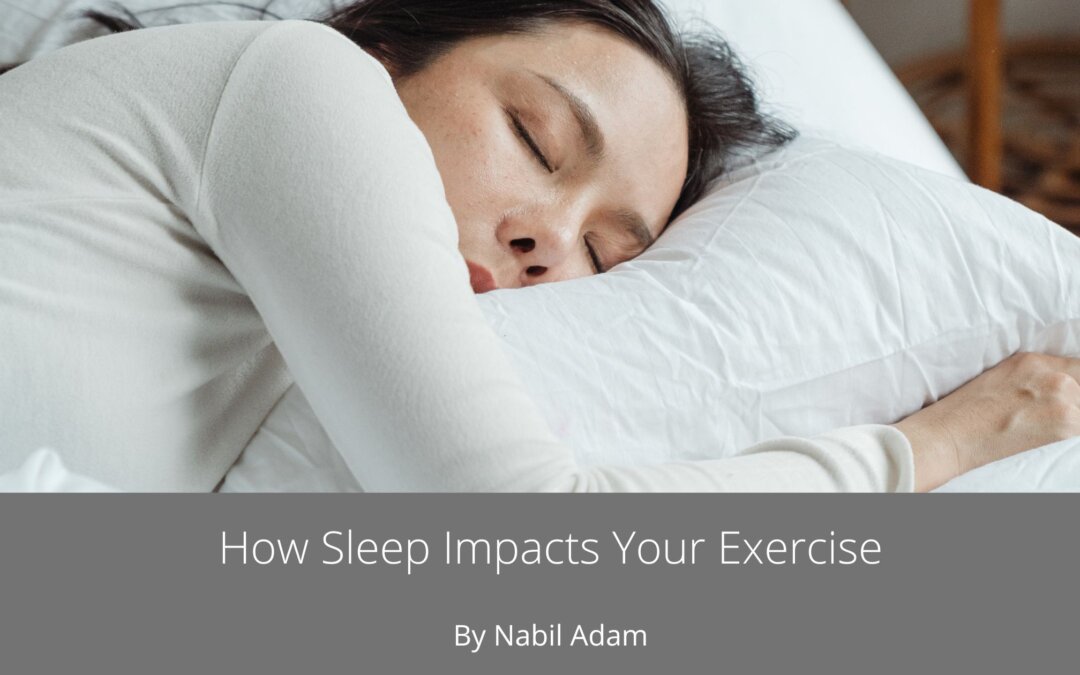Getting enough sleep is essential for overall health and well-being. But did you know that sleep also plays a critical role in exercise performance and recovery? Here are some ways that sleep impacts your exercise:
- Improved Energy Levels: When you are well-rested, you have more energy to put into your workouts. Sleep helps to replenish glycogen stores, which are the energy stores in your muscles. Without enough sleep, you may feel fatigued and have less energy to put into your workouts.
- Better Focus and Concentration: Sleep is essential for cognitive function, including focus and concentration. Lack of sleep can lead to decreased mental clarity and focus, making it harder to stay on track during your workouts.
- Faster Recovery: Sleep is when your body repairs and rebuilds muscle tissue, so it is crucial for post-workout recovery. Getting enough sleep can help to reduce soreness and speed up recovery time, allowing you to get back to your workouts sooner.
- Improved Performance: Sleep plays a critical role in motor learning and skill development. In other words, practicing a skill after a good night’s sleep can lead to better performance than practicing the same skill after a night of poor sleep.
- Decreased Risk of Injury: Lack of sleep can increase the risk of injury during exercise, as it can affect balance, coordination, and reaction time. Getting enough sleep can help to reduce the risk of injury and keep you safe during your workouts.
- Improved Hormonal Balance: Sleep plays a critical role in regulating hormones, including those that affect exercise performance. Lack of sleep can lead to imbalances in hormones such as cortisol, which can negatively impact exercise performance and recovery.
To maximize the benefits of sleep for exercise, it is recommended that adults aim for 7-9 hours of sleep per night. This may vary based on individual needs and exercise intensity.

